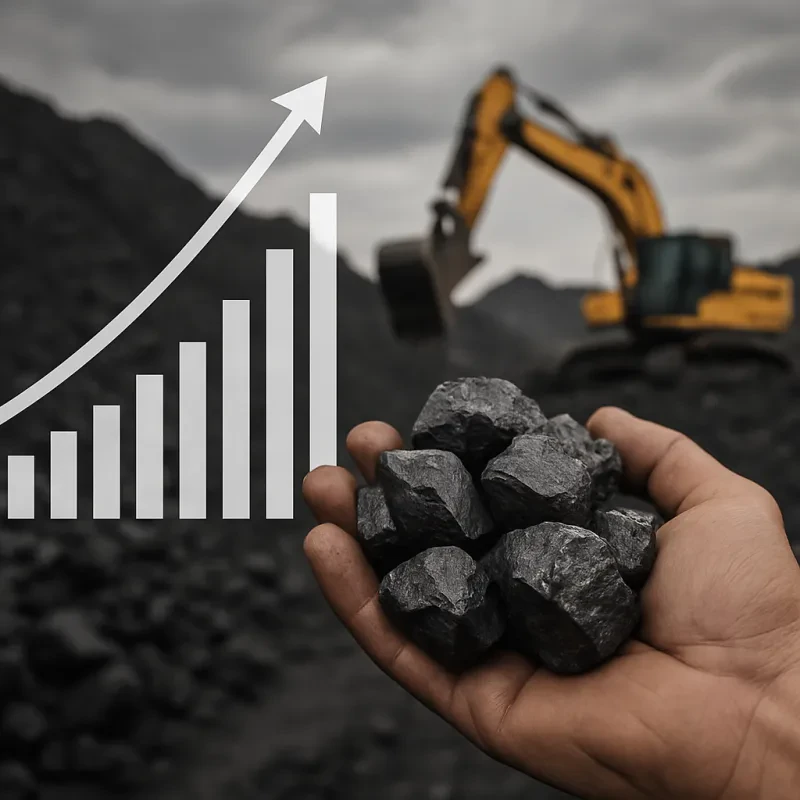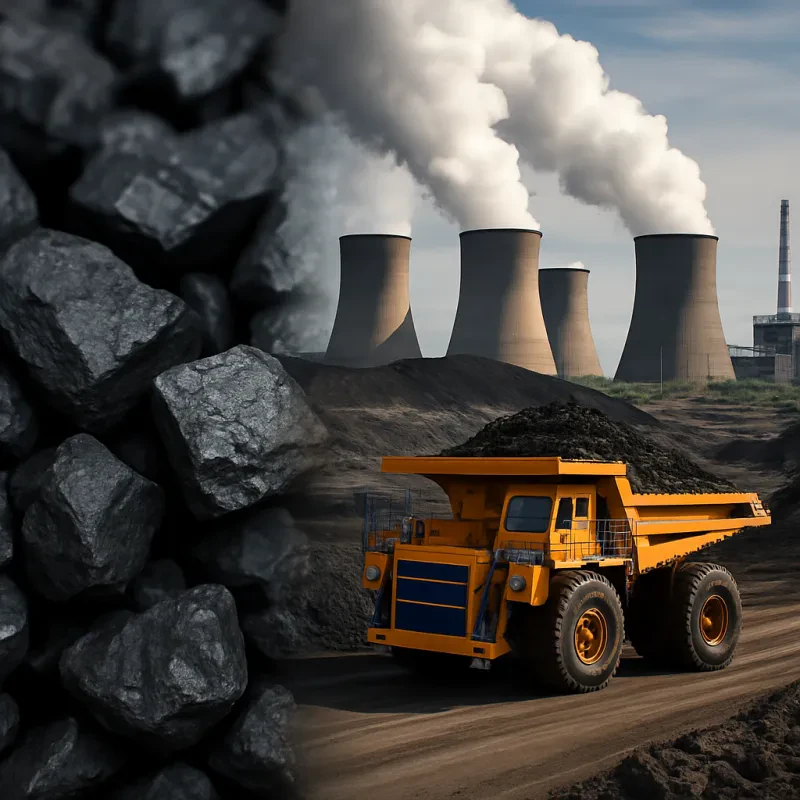As the 20th century approached, coal in West Virginia became a vital resource for powering homes and factories across the nation. The coal mines provided thousands of jobs, attracting workers from various backgrounds, including many immigrants seeking better opportunities. Despite the economic benefits, the industry was notorious for its dangerous working conditions. Miners faced numerous hazards, including cave-ins, explosions, and exposure to harmful gases, leading to countless accidents and fatalities.
The struggle for miners’ rights intensified throughout the early 1900s, with labor unions emerging to advocate for safer working conditions and fair wages. Events such as the Paint Creek-Cabell County strike in 1912 and the Matewan Massacre in 1920 highlighted the tensions between miners and mining companies. These struggles revealed the determination of the working class to demand justice and improved living standards, leaving an indelible mark on the history of coal in West Virginia.
As the decades progressed, advancements in mining technology and changes in energy production began to reshape the industry. While coal in West Virginia remained a critical resource, the rise of alternative energy sources and environmental concerns brought new challenges. Despite these changes, the legacy of coal mining still resonates in the state, influencing its culture, economy, and identity.
Impact on West Virginia Communities
The impact of coal in West Virginia communities has been profound, shaping the economic landscape and the everyday lives of residents. Over the years, coal has been a major source of employment, providing thousands of jobs in mining and related industries. These well-paying jobs have supported families, funded local businesses, and helped to build a vibrant community spirit. In many towns, coal mining remains a badge of honor, a symbol of hard work and resilience in the face of challenges.
However, the reliance on coal in West Virginia is also a double-edged sword. As the coal industry faces decline due to competition from cheaper energy sources and environmental regulations, many communities are experiencing economic hardships. Job losses and mine closures have left a lasting impact, forcing families to seek work elsewhere and leading to a decline in local economies. This struggle has prompted a need for diversification, with some communities beginning to explore alternative energy sources and new industries.
Despite these challenges, there are stories of triumph. Many West Virginia communities are working to embrace a future that honors their coal heritage while also adapting to change. Local initiatives are focusing on retraining workers for jobs in renewable energy, technology, and other sectors. These efforts highlight the resilience of the people in West Virginia, showcasing a commitment to creating sustainable futures while remembering the vital role coal has played in their history.
Economic Challenges Facing the Industry
The coal industry in West Virginia faces a multitude of economic challenges that have impacted its viability and growth. One of the primary issues is the decline in overall demand for coal. With the rise of renewable energy sources and natural gas, many power plants have shifted away from coal. This shift has created a significant reduction in coal production and, consequently, jobs in the coal-mining sector, leaving many communities dependent on coal in West Virginia struggling economically.
Additionally, regulatory changes and stricter environmental policies have added to the industry's challenges. Legislation aimed at reducing carbon emissions has made it more difficult and costly for coal companies to operate. As a result, many mines have been forced to close or scale back production, further limiting economic opportunities for workers and their families. The transition to cleaner energy solutions is vital for the planet but poses a daunting hurdle for those invested in coal in West Virginia.
Financing and investment have also become more complicated for the coal sector. Banks and investors are increasingly hesitant to put money into an industry that is seen as declining and environmentally harmful. This lack of financial support means that coal companies struggle to modernize their operations or invest in new technologies. Without access to necessary funds, the potential for innovation and the adaptation to market demands becomes stifled, perpetuating the cycle of decline for coal in West Virginia.
Lastly, the socio-economic fabric of many West Virginia communities is closely tied to coal mining. As jobs disappear, local economies suffer, leading to increased poverty and decreased funding for essential services such as education and healthcare. This creates a feedback loop that further hinders economic recovery. Addressing these challenges requires not only industry-level changes but also community initiatives to diversify the economy and provide new job opportunities, ensuring that the legacy of coal in West Virginia does not solely define its future.
The Future of Coal and Innovation
The future of coal in West Virginia is a subject of much debate, focusing on both the challenges the industry faces and the innovative solutions being explored to revitalize it. While coal has historically been a cornerstone of the state’s economy, the rise of alternative energy sources and environmental concerns have led to significant changes. However, the resilience of coal in West Virginia remains evident as communities begin to adapt and embrace new technologies.
One of the key areas of innovation is in the development of cleaner coal technologies. These advancements aim to reduce emissions and improve efficiency, making coal a more sustainable option for energy production. Facilities in West Virginia are exploring carbon capture and storage (CCS) methods, which can capture up to 90% of carbon dioxide emissions from power plants. Such technology not only helps in reducing the carbon footprint but also has the potential to keep coal relevant in an increasingly eco-conscious world.
Moreover, there is an increasing focus on diversifying energy sources within the coal sector. Initiatives promoting the use of coal for producing hydrogen fuel are gaining traction, presenting a new way for coal in West Virginia to contribute to a cleaner energy future. By leveraging the state’s abundant coal resources, West Virginia could become a key player in the hydrogen economy, opening up new markets and job opportunities.
Finally, adapting the workforce to meet modern needs is essential for the future of coal in West Virginia. Re-skilling and training initiatives for coal miners can enable them to transition into new roles within emerging energy sectors. By investing in education and workforce development, the state can ensure that its residents are prepared for the evolving landscape of energy production, balancing the rich legacy of coal with innovative paths forward.







